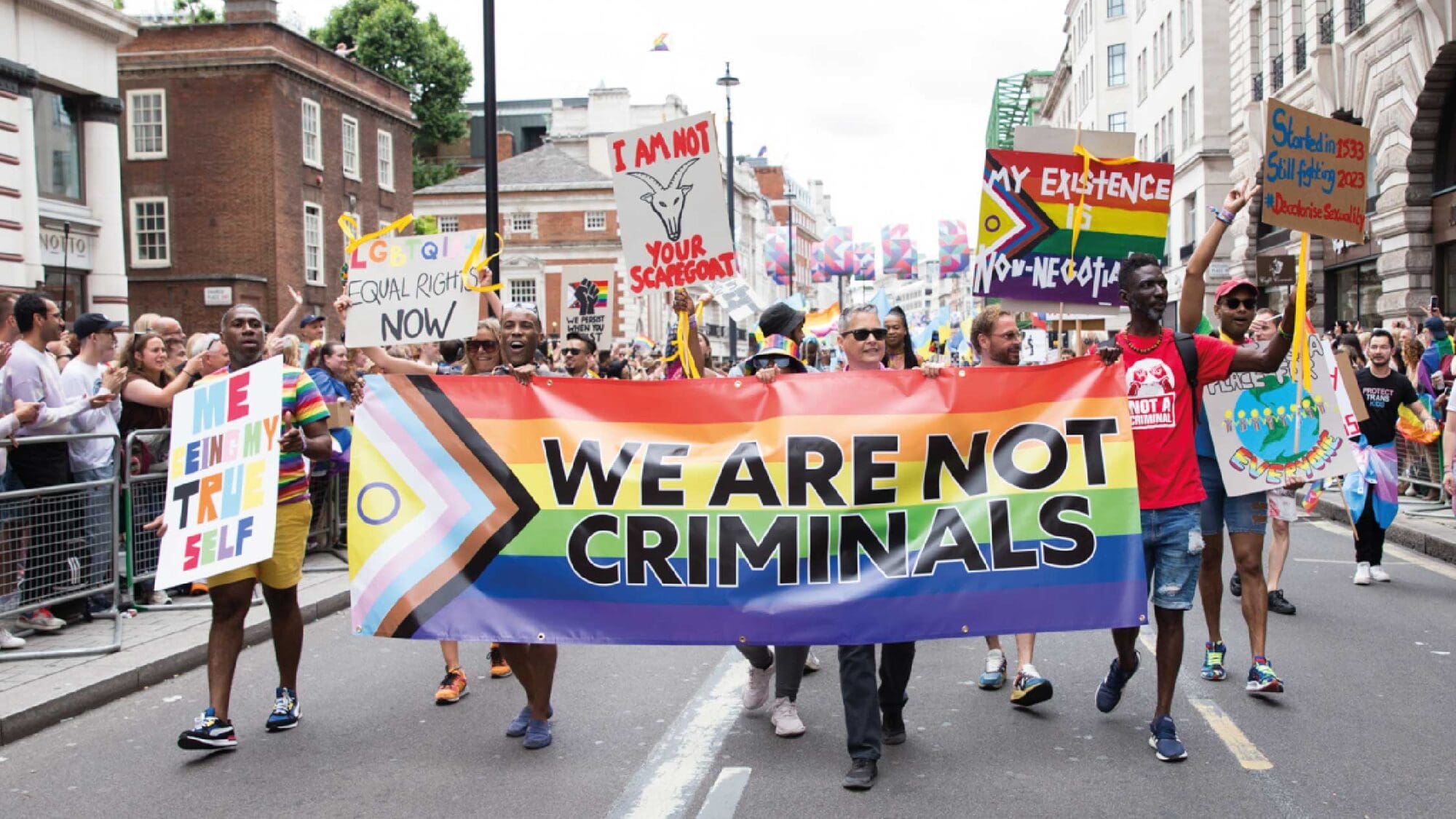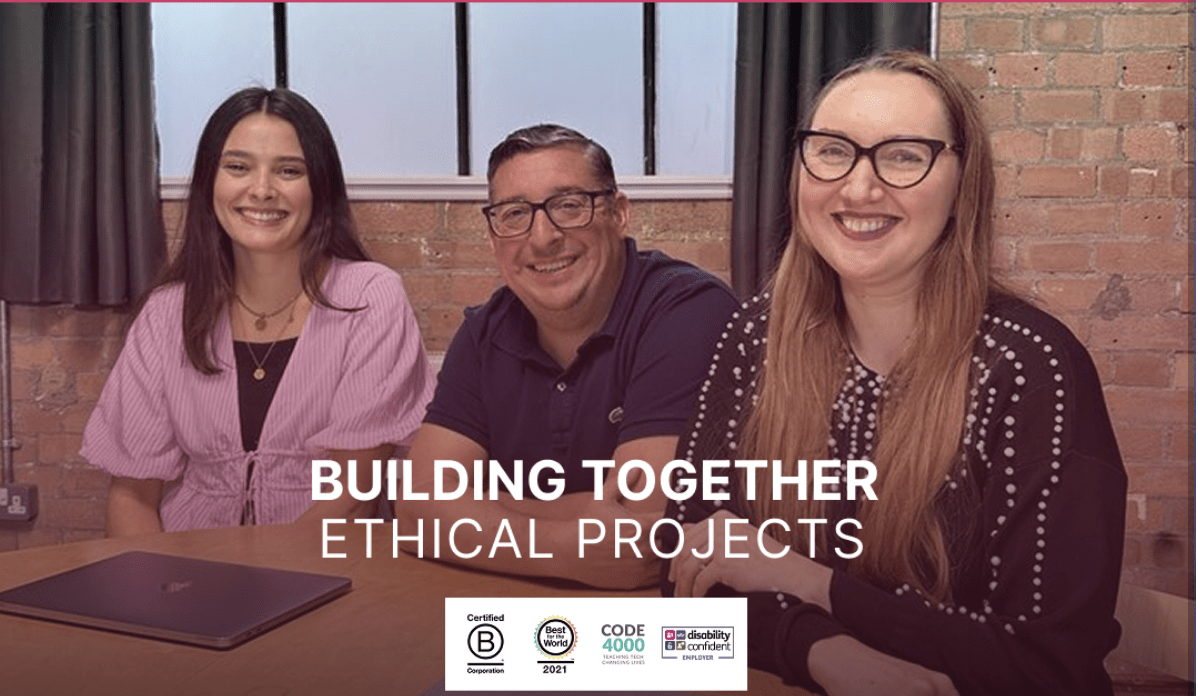Nowhere to turn
Unfortunately, his experience is far from unique. Organisations like The Initiative for Equal Rights (TIERs) have documented many cases of queer Nigerians being entrapped through social media and dating apps. Blackmail, extortion, and physical violence are common outcomes, yet victims often have nowhere to turn due to the law criminalising their very existence.
Another encounter left him with physical scars. While travelling at night, he was stopped by vigilantes. ‘They called me “boy-girl” and told me to leave the road. One of them followed me, searched my phone, and then the assault began. I was beaten with belts, punched, humiliated. My left ear was damaged, and my money was stolen.’ That night, he made a decision. ‘I realised I had to make changes – not for them, but for me. I started going to the gym, not just because I was attracted to masculinity, but to protect myself. I learned to carry myself differently, to blend in more.’
A brighter future?
Despite the risks, David remains hopeful. ‘There’s progress. There are organisations in Nigeria fighting for our rights – NGOs providing legal support, human rights groups stepping in to stop setups. There are even police officers within the community who work to take down these extortionists.’ Queer visibility is increasing, particularly in entertainment and fashion. ‘We see people expressing themselves more openly, attending events, wearing what they want. Even straight people are embracing queer culture in some ways.’ However, this progress is social, not legal. ‘The laws are still there. You have to be smart – know where to go, who to trust, and how to stay under the radar.’
His workplace, an inclusive international organisation, has given him the freedom to be himself. ‘At first, some colleagues had their biases – this is Nigeria, after all. But I was always open, always expressive. Over time, people warmed up. Now, they joke that I bring sunshine to the office.’ He recognises that his experience is a privilege not shared by all. ‘Many queer people in Nigeria do not have that safety. But at least now, we have each other. We have safe spaces, we have networks of support, and that’s something.’
When asked whether he feels safer now compared to five years ago, he hesitates. ‘I think I’ve learned to adapt more than anything. I know how to navigate the dangers better. But the threats are still there. People still get attacked, harassed. I still see the stares when I walk down the street.’ Yet, he remains resolute. ‘I won’t let fear define me. I’ll keep living, keep thriving, and keep supporting my community. Because we’re not going anywhere.’
Acceptance not tolerance
His story is one of resilience in the face of adversity, a testament to the strength of Nigeria’s queer community and the hope that one day, true acceptance will replace mere tolerance.
Our CEO, Marcus Watson, who has been a champion of LGBT+ equality for nearly four decades, reflected, “Through decades of hostility, criminalisation, and violence, the LGBT community has stood unshaken—choosing love over fear, courage over silence, and resilience over oppression. In places like Nigeria and beyond, where injustice still seeks to erase your existence, your love is resistance, and your truth is an unbreakable force for change. The fight for dignity and equality is far from over, but history bends towards justice—and you are its authors.”
Inclusivity is paramount
As an organisation we pride ourselves on being inclusive, providing colleagues like David with a work environment where they can be themselves without fear of intimidation. As LGBT+ History month draws to a close, as an employer we’re committed to ensuring everyone is welcome, 12 months a year. It doesn’t start or end in February!



